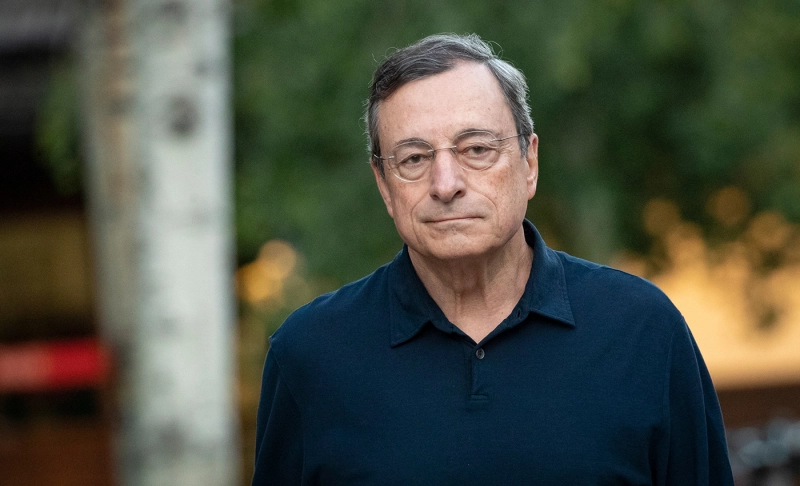By: Devika Kandelwal
September 7 2021

The video is from 2015 when Prime Minister was attacked by a woman protesting against the European Central Bank.
The video is from 2015 when Prime Minister was attacked by a woman protesting against the European Central Bank. A video uploaded on September 4 on a Facebook group called "What you're not supposed to know" shows a woman attacking the Italian Prime Minister during a press conference. The video is accompanied with the caption, "Lucky Italian Prime Minister... many would've done a lot worse..." Both the video and the caption imply that the woman attacked the minister because of his COVID-19 policies or his handling of the COVID-19 pandemic. Another likely implication is that Draghi was attacked by someone who does not believe that the pandemic is real or is against COVID-19 vaccines. The Facebook group in question regularly shares anti-COVID and anti-vax content and videos and has over 10k members. However, a simple keyword search shows that the video is not from 2021 but 2015. Draghi was then the president of the European Central Bank (ECB). In April of that year, a news conference in Frankfurt was disrupted when a woman jumped on stage in protest and showered Draghi with confetti. In the Facebook video, the woman can be heard shouting, "End the ECB dictatorship." According to the Guardian, "copies of the leaflets she was throwing, accused the ECB of exercising arrogance and autocratic hegemony." The COVID-19 pandemic has given rise to a lot of potentially dangerous misinformation. For reliable advice on COVID-19, including symptoms, prevention, and available treatment, please refer to the World Health Organization or your national healthcare authority.